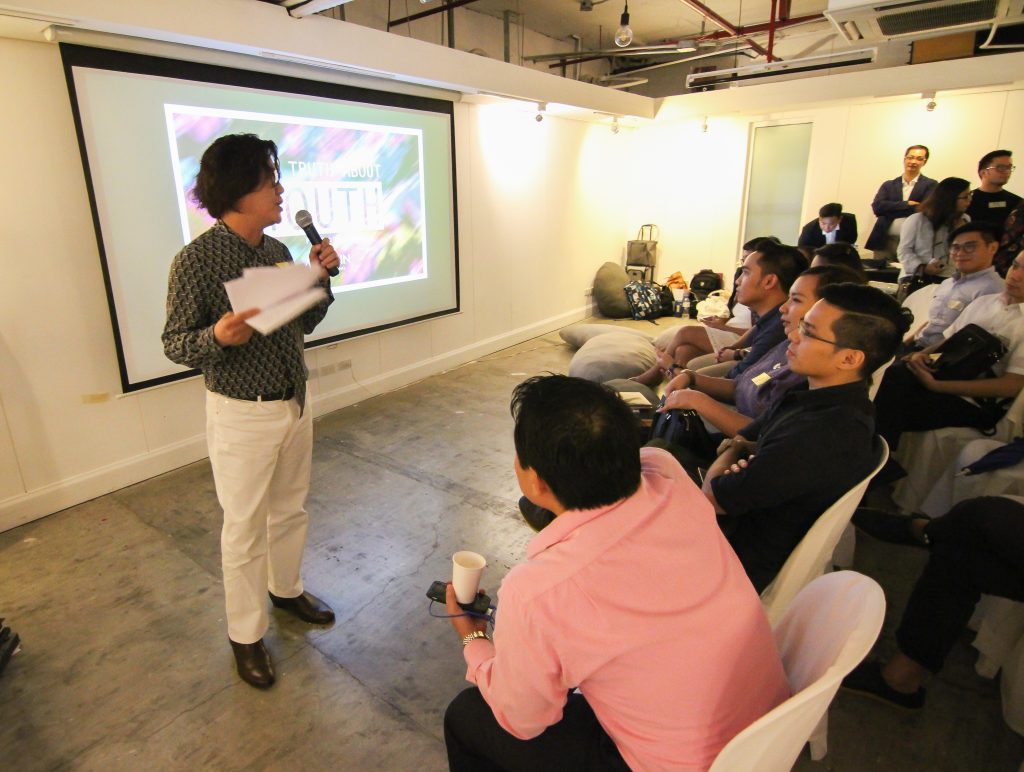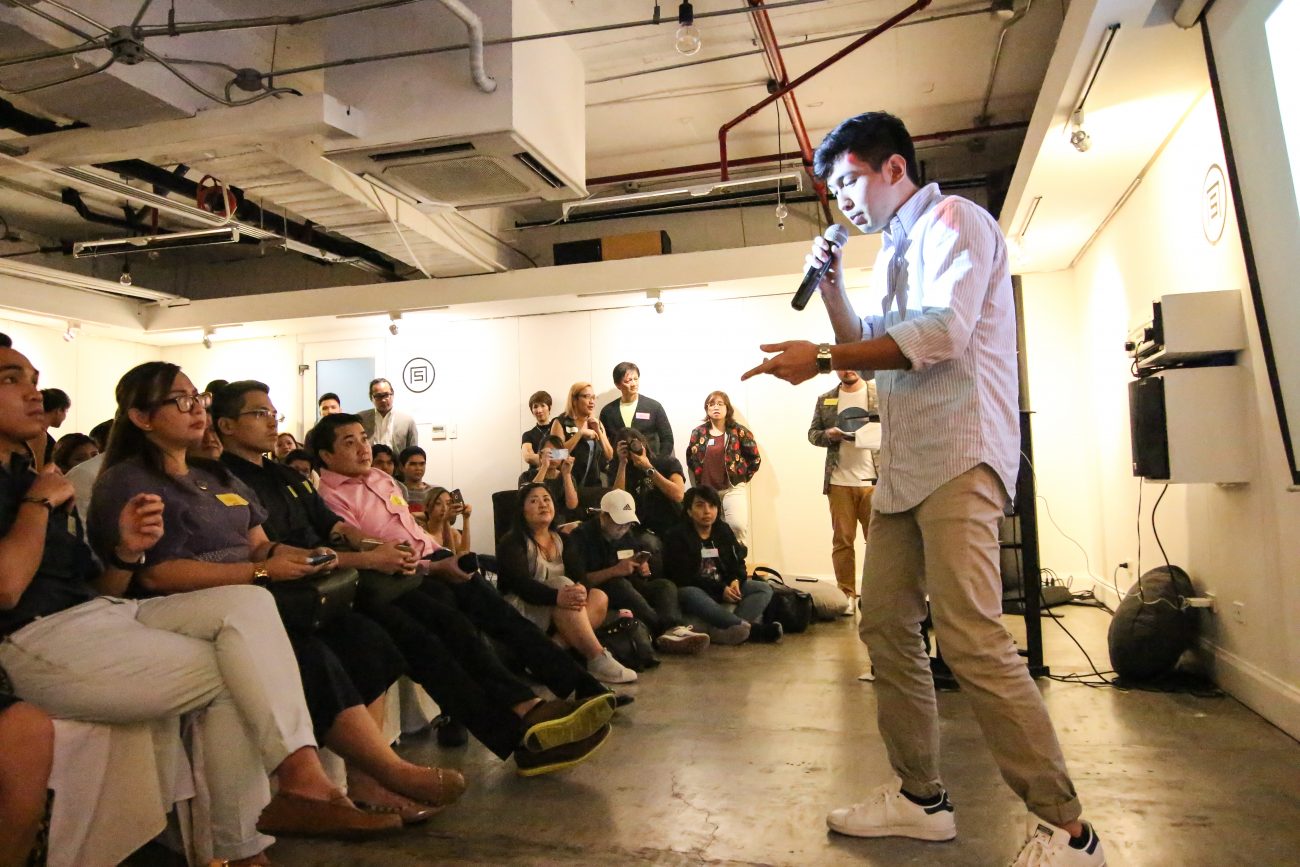There’s no Millennial code though.
Last October 26, I attended a seminar dubbed “The Truth About The Youth Philippines” by McCann. It was a cool affair. A lot of kids were there to represent us, a rounded set of local millennials—Reese Lansangan, Rosenthal Tee, Mito Fabie, Coby Sarreal, Ate Charon, Slac Cayamanada, and Gian Javelona. Some of them performed and some were part of the panel discussion. But the bulk of the time was spent on the original study by McCann, which showed the results of their worldwide research of 33,000 millennial respondents.

Truth be told, being a millennial in a room full of—excuse me—older generations ogling, awing, and taking a photo at each slide of the research results being shown felt really weird. What makes numbers and percentages more appealing than us telling you straight to the face? Yes, we send and receive nudes (only 25% worldwide and 17% in the Philippines, according to the research. I thought there were more.) Yes, we’re proud but we still need advice from our parents (83% in the Philippines say their parents are their go-to source for advice). And yes, yes, yes, “adulting” is real, and we try to adult as much as we can everyday. Sometimes we just want to avoid our responsibilities, stay home, order some Jollibee, and binge watch Black Mirror. But who wouldn’t?
Some findings from the study are really interesting though, especially those about comparing the Philippines to other countries. Filipinos trashtalk more online (22% compared to the Asia-Pacific average of 16%), are more inclusive (91% of Filipino youth agree that inclusivity is important), and feel more responsible to do change (96% of people have a responsibility to make a positive contribution to the community, compared to the 89% global average).
All the facts presented during the event are what they are: facts. The study shoots down hasty generalizations and sad and ignorant complaints that begin or end with “kids these days.” It does feel weird to be examined, but man does it make me giddy looking at those titas and titos nodding their head at amazement. If only you took more time to get to know us! The best possible outcome was for everyone to go ask their son, daughter, nephew and niece, and go: “I found out that some people your age want to livestream for a living. What’s that like?”
Conversations among millennials may happen where older people don’t see them, but the conversation between parent and child, Baby Boomer to Millennial, advertising executive to college student, happens in person. It’s actually what we prefer. There’s nothing to decode when it comes to the bottomline: being real is key. Being human is key.
Your findings even back it up: “Young people want a foundation of honesty, loyalty, and sincerity.” I’m glad McCann’s research arrived at this conclusion, but TBH, it doesn’t take a study for people to know that we appreciate sincerity, and give sincerity in return. Congratulations on finding out that despite all this time we spend on our phone, the thing we care about the most is still genuine human connection. Don’t look at us as a possible market to exploit. We’ll know.
Oh, and one more thing. Nobody says “scoobs” anymore. Trends change a lot when. Memes die everyday. Today, we’re caring about penguin drama. Tomorrow, who knows?
By Lex Celera
Photos by Ena Terol, courtesy of McCann Worldgroup Philippines

























Comments